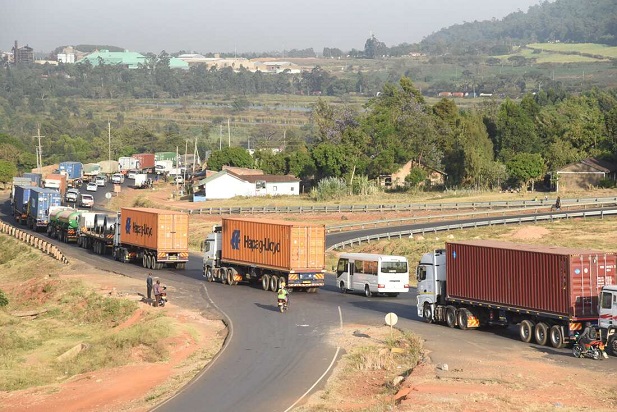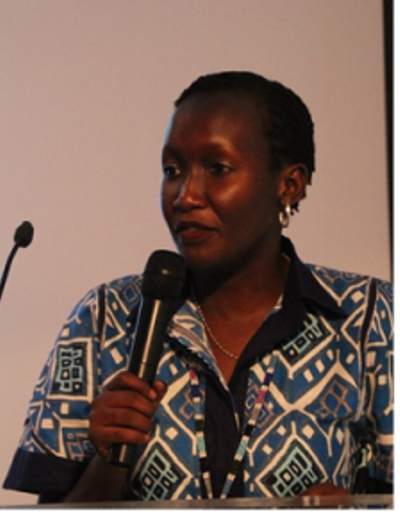Intra-regional trade in the countries in Eastern Africa is still below 10% despite initiatives like East African Community. This is according to a report by the African Development Bank.
The Bank in the report said that even the African Continental Free Trade Area has not yielded much in terms of trade with the region and other African states.
Edward Sennoga, a lead economist for the East African Region at the Africa Development Bank says from the statistics, countries seem not to be trading as expected.
“It is not only in agriculture. There are so many impediments. Very often we are hearing countries that are blocking agricultural produce from countries. Including the EAC where there are treaties covering this trade,” Sennoga observes.
He said there is a need for East African countries to respect the mutual recognition of the treaties that they signed under the EAC.
The countries are also urged to work on standards to facilitate trade and boost production and productivity in the region.
Early this year, the East African Community secretariat in Arusha Tanzania reported that Intra-EAC trade had hit US$10 billion. That came as the regional bloc assessed Somalia’s readiness to join the bloc.
Researchers found that agriculture, despite its contribution averaging about 25% of GDP in the region, employing 70% of the population is still rain-fed.
“Application of fertilizer and irrigation is very minimal. So to begin with production and productivity must be improved. And then working on the supply and value chains. And also adding value” said Sennoga.
He observes that the challenge is that the countries in the East African region are producing the same raw materials with no value addition and therefore holding back trade.
The region’s growth has been greatly affected by climatic changes like severe drought and floods in some of the member countries.
Amidst those, there are concerns that monies for climate change adaptation are not flowing in from the more developed countries.
Ethiopia’s State Minister for Planning, Sandokan Debebe said despite the fact it experienced some floods, the country is now facing one of the worst droughts in the last four decades.
“The same story in Somalia, Kenya, and other parts of the region. These vulnerabilities associated with agriculture are not only affecting food production but also food security” said Debebe.
He said the private sector is not mobilized a sizable amount of financing needed by climate action. “If we compare with public financing, we see that they are contributing 6-7 times less than public finance” he said.
Edward Sennoga urges leaders the in the region to use the upcoming Africa Climate Summit slated for September in Kenya and the UN Climate Change Conference in Dubai in late November to speak out with one voice about the need for climate financing.
Overall African Development Bank (AfDB) indicated that East Africa’s economic growth is projected to rise to 5.1 percent in 2023, up from the 4.4 percent recorded in 2022.
Findings of a report released this Thursday says a rebound in some of the countries in the region will be driven by the services sector as it recovers from the COVID-19 pandemic.
The African Development Bank’s East Africa Economic Outlook 2023 reviews the economic performance of 13 Eastern African countries over the past year.
The countries are Burundi, Comoros, Djibouti, Eritrea, Ethiopia, Kenya, Rwanda, Seychelles, Somalia, South Sudan, Sudan, Tanzania, and Uganda.
It examines the region’s growth performance, its drivers and outlook as well as the implications for socioeconomic development.
Among the challenges is that the region faces external and domestic downside risks that could affect the positive growth outlook.
Among the external risks is the global economic slowdown which the experts say will further commodity price volatility.
The continuation of the conflict in Ukraine has also been listed among the external challenges to the region.
-URN





